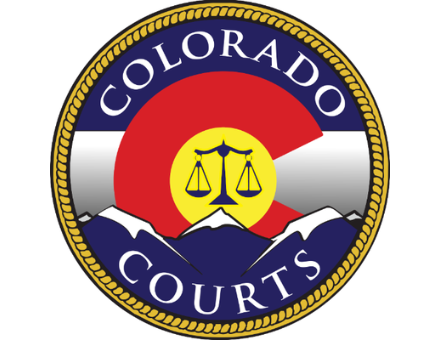SAM Magazine—Denver, May 23, 2024—In a 5-2 ruling, the Colorado Supreme Court found that liability waivers cannot be used to protect ski areas from negligence claims related to chairlift accidents.  The decision will allow a negligence per se claim brought against Vail Resorts to proceed in the district courts.
The decision will allow a negligence per se claim brought against Vail Resorts to proceed in the district courts.
Negligence per se is negligence in violation of a specific statute or regulation, in this case, the regulations outlined in the Passenger Tramway Safety Act, which uses ANSI B77 standards to define passenger ropeway safety requirements.
The claim involves a teenager, Annie Miller, then 16-years-old, who was unseated while loading the Paradise Express lift at Crested Butte in March 2022. Miller hung on to the chair as the carrier rose, then fell approximately 30 feet onto her back. The incident left her quadriplegic.
A lawsuit that brought several negligence claims against the resort alleged that Ms. Miller’s father, Mike Miller, and others in the lift line yelled for the lift to be stopped but that there was no lift attendant or operator present and the lift continued spinning.
A lower court dismissed two of three negligence claims on the basis that the Millers had waived the right to file such claims when Mr. Miller signed liability waivers as part of his ski pass purchase. Mr. Miller appealed the decision to the Colorado Supreme Court.
The Colorado Supreme Court partially reversed the lower court’s ruling, writing in its majority ruling, “We conclude that Crested Butte may not absolve itself, by way of private release agreements, of liability for violations of the statutory and regulatory duties.”
The court dismissed a highest duty of care claim, concluding that the waivers, which cover risks related to chairlifts (misloading, entanglement, falls), protected Crested Butte from such a claim.
A dissenting opinion from the court argued that there was nothing “magical or unique” about a claim premised on negligence per se, such that if waivers shield against one type of negligence they should also shield against the other.
There was concern among outdoor activity operators in Colorado that the case might void liability waivers altogether, but the narrow scope of the decision has largely upheld the use of liability waivers to protect against claims pertaining to inherent risks.
“While the Supreme Court carved out a narrow path where releases of liability cannot be enforced in certain, unique chairlift incidents, the media downplayed, if not ignored, a critical part of the ruling,” explained Dave Byrd, the National Ski Areas Association’s (NSAA) director of risk and regulatory affairs.
“Plaintiffs’ counsel had asked the [Colorado] Supreme Court to overturn decades of court precedent enforcing the broader use of ALL releases in recreation incidents, and the court unanimously declined to make such a radical change with Colorado’s long-standing law on releases and waivers—and that was the more important part of the court’s decision from my perspective.”
The Colorado Supreme Court’s ruling “express[es] no view as to the ultimate merit of the claim,” rather it allows the Millers’ claim to proceed to trial in the lower courts. It could be month or years before the lawsuit is concluded.
In the interim, NSAA recognizes the importance of the ruling in spurring discussion about continuing to improve operations around unseated passengers. The organization is planning to address the decision and foster discussion about unseated passenger plans at its Fall Education Seminars, said Byrd.




